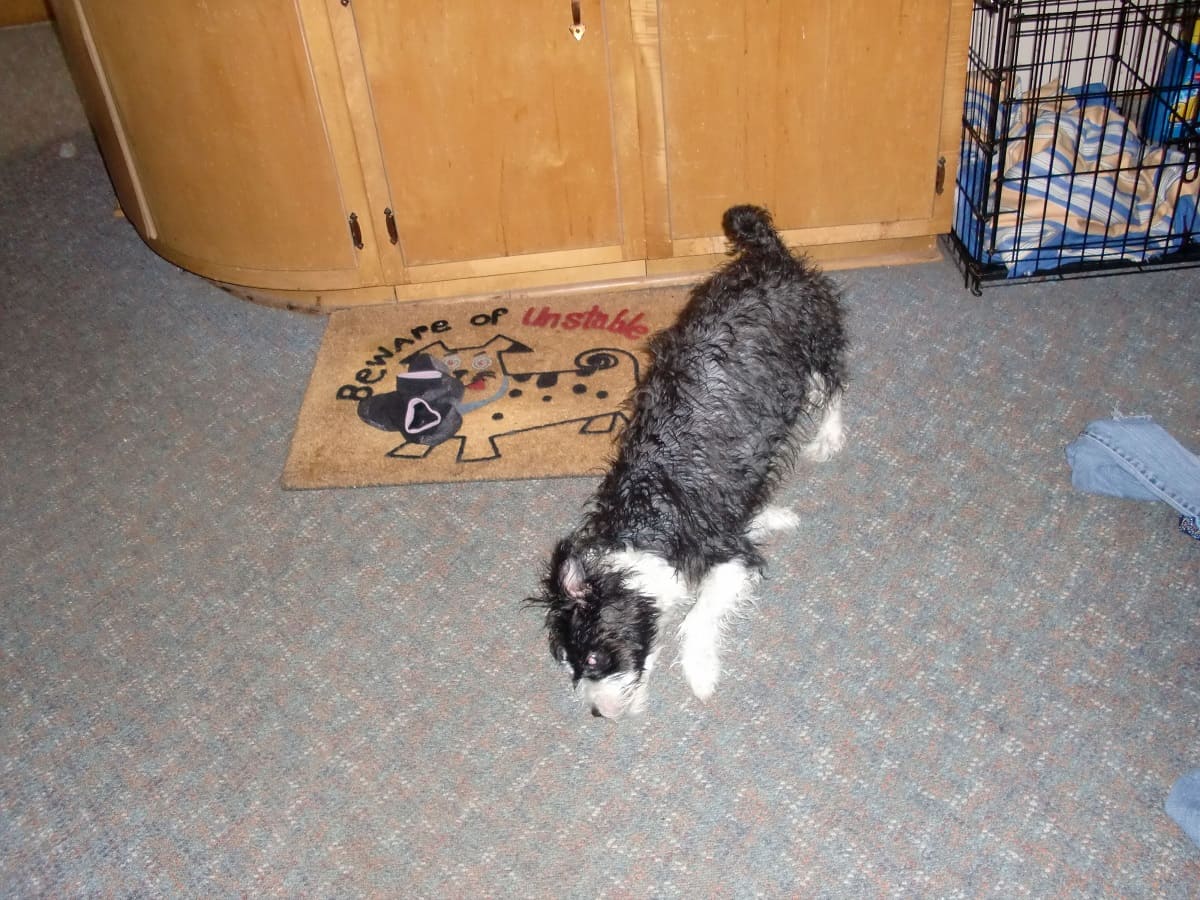

Articles
Why Is My Dog Rubbing His Face On The Floor
Modified: December 7, 2023
Discover why your dog is rubbing his face on the floor with our informative articles. Find solutions to this common behavior and help your dog find relief.
(Many of the links in this article redirect to a specific reviewed product. Your purchase of these products through affiliate links helps to generate commission for Storables.com, at no extra cost. Learn more)
Introduction
Dogs are known for their curious and sometimes quirky behaviors. Among these behaviors, one that often leaves pet owners puzzled is when their dog starts rubbing their face on the floor. It may seem peculiar or even comical, but there can be various reasons behind this behavior. Understanding the underlying causes can help you determine whether it’s a harmless habit or a sign of a more serious issue that requires attention.
In this article, we will explore the common reasons why dogs engage in face rubbing behavior. From allergies and skin irritations to behavioral factors, we will delve into each possibility to help you better understand your furry friend’s actions. Additionally, we will provide insights on how to address face rubbing behavior and discuss when it might be necessary to seek veterinary help.
So, if you’ve ever wondered why your four-legged companion is rubbing their face on the floor, keep reading to discover the potential reasons and learn how to manage this behavior.
Key Takeaways:
- Dogs may rub their faces on the floor due to allergies, ear infections, dental issues, or behavioral factors. Understanding the cause is crucial for effective management and ensuring their well-being.
- Seeking veterinary help is essential if face rubbing behavior persists, is accompanied by physical symptoms, or if your dog has pre-existing medical conditions. Addressing the underlying cause is key to promoting your dog’s comfort and overall well-being.
Read more: Why Do Dogs Rub Their Faces On A Carpet
Common Reasons for Dogs Rubbing Their Faces on the Floor
If you’ve noticed your dog rubbing their face on the floor, chances are there’s a specific reason behind this intriguing behavior. Here are some of the common explanations:
- Allergies and Skin Irritations: Dogs, just like humans, can suffer from allergies or skin irritations. These can be caused by environmental factors such as pollen, dust mites, or certain chemicals. When dogs experience itchiness or discomfort, they may rub their faces on the floor to alleviate the irritation.
- Facial Scent Marking Behavior: Rubbing their face on the floor can also be a way for dogs to mark their territory. The glands on their face release pheromones, and by rubbing their face against various surfaces, they leave their scent behind as a form of communication.
- Ear Infection or Irritation: A common reason for face rubbing in dogs is an ear infection or irritation. They may rub their face to relieve the discomfort caused by itchiness, pain, or inflammation in the ear area. If you suspect an ear problem, it’s important to have your veterinarian examine your dog to provide appropriate treatment.
- Dental Problems or Pain: Dogs may also rub their faces on the floor if they are experiencing dental issues or pain. Dental problems, such as tooth decay or gum disease, can cause discomfort or even sharp pain when chewing. Rubbing their face against a hard surface can help alleviate the pain temporarily.
- Eye Issues and Eye Discharge: Dogs with eye problems, such as conjunctivitis or excessive eye discharge, may rub their faces to relieve itching, discomfort, or to remove discharge from their eyes. If your dog’s eyes appear red, swollen, or have a discharge, consult with your veterinarian for a proper diagnosis and treatment options.
These are just a few common explanations for why dogs may rub their faces on the floor. However, it’s important to note that each dog is unique, and the actual cause may differ from case to case. Understanding the underlying reason behind your dog’s behavior is essential for effective management and ensuring their well-being.
Allergies and Skin Irritations
Allergies and skin irritations are common culprits behind dogs rubbing their faces on the floor. Just like humans, dogs can develop allergies to various environmental triggers, including pollen, dust mites, mold, and certain chemicals.
When dogs come into contact with allergens, their immune system may overreact, leading to an allergic response. This can manifest in various ways, including itchiness, redness, swelling, and irritation of the skin. In an attempt to relieve the discomfort, dogs may rub their faces on the floor or other surfaces.
One of the most common types of allergies in dogs is atopy, which is an allergic reaction to inhaled substances like pollen or mold spores. Another common allergy is food allergies, where dogs react negatively to specific ingredients in their diet. Contact allergies may also occur when a dog’s skin comes into direct contact with an allergen, such as certain cleaning products or fabrics.
In addition to allergies, dogs can also develop skin irritations due to various factors like insect bites, fleas, or environmental irritants. These irritations can cause itchiness and discomfort, leading to face rubbing as a way to alleviate the symptoms.
If your dog is frequently rubbing their face on the floor and showing signs of skin irritation, such as redness, scabs, or hair loss, it’s essential to consult with a veterinarian. They can help determine the underlying cause and provide appropriate treatment options.
Treatment for allergies and skin irritations in dogs may involve identifying and avoiding the allergens or irritants whenever possible. Your veterinarian may also prescribe medications, such as antihistamines or corticosteroids, to manage the symptoms and provide relief for your dog.
Regular grooming practices, such as bathing with hypoallergenic shampoos and keeping your dog’s bedding clean, can also help reduce exposure to potential allergens and irritants. Additionally, maintaining a balanced and nutritious diet can help support your dog’s immune system and overall skin health.
Remember, each dog is unique, and what triggers allergies or skin irritations may vary. Identifying and managing these underlying issues can help alleviate your dog’s discomfort and reduce the urge to rub their face on the floor.
Facial Scent Marking Behavior
One intriguing reason why dogs may rub their faces on the floor is to engage in facial scent marking behavior. This behavior is closely linked to a dog’s natural instinct to mark their territory and communicate with other dogs.
Dogs have scent glands located on their faces, particularly around their cheeks and muzzle. These glands release pheromones, which are chemical substances that carry important information for other dogs, such as their presence, status, and reproductive state.
When a dog rubs their face on the floor or other surfaces, they are effectively leaving their scent behind. This act serves as a form of communication to other dogs, indicating their presence and marking the area as part of their territory.
Facial scent marking behavior is more commonly observed in intact (unneutered or unspayed) dogs. In these dogs, the production of hormones involved in reproductive behavior is higher, leading to a stronger drive for scent marking.
If your dog is engaging in facial scent marking behavior, it’s typically not a cause for concern. It’s a natural and instinctive behavior for them. However, if the marking becomes excessive or occurs in inappropriate places, such as inside the house, it may be necessary to intervene and redirect the behavior.
To help manage facial scent marking behavior, you can provide designated areas for your dog to engage in scent marking, such as a specific spot in the yard or during walks. Training your dog to understand appropriate areas for marking can help reinforce boundaries.
Additionally, regular neutering or spaying of dogs can help reduce the intensity of scent marking behavior, as it can decrease hormone production. However, it’s important to note that hormonal changes may take time to subside, and the behavior may persist even after the procedure.
Overall, facial scent marking behavior is a natural instinct for dogs, and it serves as a method of communication with other dogs. Understanding and managing this behavior appropriately can help ensure a harmonious living environment between your dog and other furry friends.
Ear Infection or Irritation
If your dog is rubbing their face on the floor, an underlying ear infection or irritation could be the cause. Dogs are prone to experiencing ear problems, such as infections, inflammation, or the presence of parasites like ear mites.
Ear infections can occur due to various reasons, including bacterial or yeast overgrowth, allergies, or foreign objects trapped in the ear canal. When a dog has an ear infection, it often leads to itchiness, pain, and discomfort in the affected ear, prompting them to rub their face in an attempt to find relief.
You may notice additional signs of an ear infection, such as ear odor, redness, swelling, discharge, or excessive scratching of the ears. Some dogs may tilt their heads or show signs of discomfort when their infected ear is touched.
If you suspect that your dog has an ear infection or irritation, it is crucial to seek veterinary care. Your veterinarian will examine your dog’s ears and may take a sample for microscopic examination to determine the cause of the infection.
Treatment for ear infections typically involves cleaning the ears to remove any debris or discharge, followed by appropriate medications prescribed by your veterinarian. These medications may include topical or oral antibiotics, antifungals, or anti-inflammatory drugs, depending on the cause of the infection.
It’s important to note that attempting to clean or treat your dog’s ears at home without proper knowledge or guidance from a veterinarian may worsen the condition or cause additional trauma to the ear canal.
Preventing ear infections and irritations in dogs can be achieved by regularly inspecting and cleaning your dog’s ears, especially if they are prone to ear problems. Additionally, avoiding exposure to potential allergens or irritants and keeping your dog’s ears dry can help reduce the risk of infections.
By addressing and treating ear infections or irritations promptly, you can provide relief for your dog and minimize the likelihood of them resorting to face rubbing to alleviate discomfort.
Dental Problems or Pain
Another possible reason why your dog may be rubbing their face on the floor is dental problems or pain. Just like humans, dogs can experience issues with their teeth and gums that can cause discomfort and lead to face rubbing as a way to seek relief.
Dental problems in dogs can range from plaque buildup and gingivitis to more severe issues such as tooth decay, abscesses, or fractured teeth. These conditions can cause pain, inflammation, and sensitivity in the mouth, making chewing and eating painful for your furry friend.
When dogs have dental problems, they may rub their face on the floor to alleviate the discomfort by applying pressure to their jaws and gums. You may also notice other signs of dental problems, including bad breath, difficulty eating, pawing at the mouth, drooling, or reluctance to chew on toys or hard food.
If you suspect that your dog may be experiencing dental problems or pain, it is essential to have their oral health evaluated by a veterinarian. Your vet will perform a thorough examination, which may include dental X-rays to assess the extent of the issue.
Treatment for dental problems in dogs often involves professional dental cleaning under anesthesia to remove plaque and tartar buildup. In some cases, extractions or other dental procedures may be necessary to address specific issues.
To prevent dental problems and promote good oral hygiene in dogs, regular dental care is vital. This includes daily brushing of your dog’s teeth using a dog-friendly toothpaste and toothbrush. Additionally, providing dental chews or toys designed to promote dental health can help reduce plaque and tartar buildup.
By addressing any dental problems or pain your dog may be experiencing, you can improve their overall comfort and well-being, reducing the need for face rubbing as a means of finding relief.
If your dog is rubbing his face on the floor, it could be a sign of allergies, ear infections, or skin irritation. Check for any redness, swelling, or discharge, and consult with your veterinarian for proper diagnosis and treatment.
Eye Issues and Eye Discharge
If your dog is rubbing their face on the floor, it may be a result of eye issues or eye discharge. Dogs can experience various eye problems, ranging from minor irritations to more serious conditions that require veterinary attention.
Eye issues in dogs can include conjunctivitis (inflammation of the conjunctiva), eye infections, corneal ulcers, foreign objects in the eye, or other underlying medical conditions. These issues can lead to discomfort, itchiness, redness, and excessive eye discharge.
When dogs have eye problems or discharge, they may rub their face to relieve the itching or discomfort caused by the condition. They may also use their paws to try to remove the discharge from their eyes.
It is essential to closely observe your dog’s eyes for any signs of redness, swelling, cloudiness, excessive discharge, or changes in their behavior. Additionally, squinting or pawing at the eye area can also indicate a problem.
If you notice any abnormalities or if the eye discharge is persistent or accompanied by other concerning symptoms, it is crucial to consult with a veterinarian. They will perform a thorough examination and may recommend additional tests, such as an eye stain or culture, to diagnose the underlying cause.
Treatment for eye issues in dogs depends on the specific diagnosis. It may include medicated eye drops or ointments to alleviate symptoms and treat infections or inflammation. In some cases, surgery or other specialized treatments may be necessary.
Prevention is key to maintaining good eye health in dogs. Regularly cleaning the eye area with a moist cloth can help prevent debris or irritants from causing issues. Additionally, keeping the hair around the eyes trimmed can minimize the risk of hairs irritating the eyes.
If your dog has a predisposition to eye issues, such as certain breeds with prominent eyes or a history of eye problems, it is recommended to have regular check-ups with your veterinarian.
By addressing and treating any eye issues or discharge your dog may be experiencing, you can enhance their comfort and prevent the need for face rubbing to reduce discomfort.
Behavioral Reasons for Face Rubbing
While medical and physical factors are common causes of face rubbing in dogs, there are also behavioral reasons that can contribute to this behavior. Understanding these behavioral factors can help you address the root cause and better manage your dog’s face rubbing habits.
Stress and Anxiety: Dogs can exhibit face rubbing as a coping mechanism for stress and anxiety. It may serve as a self-soothing behavior to provide comfort and reduce nervousness. Identifying and addressing the underlying stressors in your dog’s environment can help alleviate their need to rub their face on the floor.
Boredom and Restlessness: Dogs that don’t receive adequate mental and physical stimulation may resort to repetitive behaviors such as face rubbing. This behavior can serve as a way to relieve boredom or excess energy. Providing regular exercise, engaging in interactive play, and offering mental enrichment activities can help combat boredom and reduce face rubbing tendencies.
Attention Seeking: Dogs are social animals and often crave attention from their owners. Face rubbing can be a behavior that dogs use to gain attention or affection. If your dog consistently rubs their face on the floor to get your attention, it’s important to provide alternative ways for them to seek interaction, such as through training, puzzle toys, or structured playtime.
Habitual Behavior: Dogs are creatures of habit, and certain behaviors can become ingrained over time. Face rubbing may have originated from an initial itch or discomfort, but it can continue as a habit even after the underlying issue has resolved. Redirecting your dog’s attention to more appropriate and rewarding behaviors through positive reinforcement training can help break the habit of face rubbing.
It is important to note that while addressing the behavioral factors contributing to face rubbing, it is crucial to rule out any underlying medical conditions that may be causing discomfort or irritation. Consulting with a veterinarian can help determine if there is a medical issue that needs to be addressed.
By identifying and addressing the behavioral factors contributing to face rubbing, you can help fulfill your dog’s needs and promote healthier and more appropriate behaviors.
How to Address Face Rubbing Behavior
Addressing face rubbing behavior in dogs requires a multi-faceted approach that combines understanding the underlying cause, providing appropriate interventions, and implementing behavior modification techniques. Here are some strategies to help manage and address face rubbing behavior:
1. Identify the Cause: Determine the underlying cause of your dog’s face rubbing behavior. It could be due to a medical issue, allergies, discomfort, stress, boredom, or habitual behavior. Consulting with a veterinarian can help diagnose any medical conditions and provide guidance.
2. Medical Examination: If you suspect a medical issue, have your veterinarian conduct a thorough examination to rule out any underlying health problems. Treat any identified medical conditions accordingly.
3. Environmental Enrichment: Ensure your dog’s environment is enriched with toys, puzzles, and activities that mentally and physically stimulate them. This can help alleviate boredom and restlessness that may contribute to face rubbing behavior.
4. Stress and Anxiety Management: If stress or anxiety is playing a role in your dog’s face rubbing behavior, take steps to manage and minimize their triggers. Provide a safe space or den-like area where they can retreat to when feeling anxious. Consider using calming aids or seek professional help from a certified dog behaviorist if needed.
5. Proper Grooming and Maintenance: Regular grooming practices, including keeping your dog’s ears clean, brushing their teeth regularly, and keeping their coat free of allergens or irritants, can help prevent discomfort and reduce the need for face rubbing.
6. Positive Reinforcement: Use positive reinforcement techniques to redirect your dog’s focus and reward alternative behaviors. When you observe your dog about to engage in face rubbing, redirect their attention to a more appropriate behavior, such as sitting or performing a known command, and reward them for that behavior.
7. Consult a Professional: If the face rubbing behavior persists or worsens despite your efforts, seek guidance from a professional dog trainer or behaviorist. They can provide personalized strategies and techniques to address the behavior effectively.
Remember that consistency, patience, and understanding are key when addressing face rubbing behavior. It may take time and effort to modify the behavior, but with the right approach and professional guidance if necessary, you can help your dog find healthier ways to cope with any underlying issues and reduce their need to rub their face on the floor.
When to Seek Veterinary Help
While face rubbing behavior in dogs can have various causes, there are instances when it is important to seek veterinary help. Consulting with a veterinarian can help ensure the well-being of your furry friend and address any underlying medical issues. Here are some situations in which it is recommended to seek veterinary assistance:
1. Persistent or Excessive Face Rubbing: If your dog’s face rubbing behavior is frequent, intense, or persists despite attempts to address the underlying cause, it is important to consult with a veterinarian. Persistent face rubbing can be indicative of an ongoing medical condition or discomfort that requires professional attention.
2. Physical Symptoms: Monitor your dog for any additional physical symptoms or changes in behavior accompanying face rubbing. These may include redness, swelling, discharge, hair loss, excessive scratching, changes in appetite or drinking habits, or signs of pain. These symptoms may signify an underlying health issue that requires veterinary intervention.
3. Presence of Sores or Infections: If you observe sores, wounds, or signs of infection on your dog’s face or any other parts of their body as a result of face rubbing, it is important to seek veterinary help. These sores can become infected and may require medical treatment to prevent further complications.
4. Changes in Behavior or Overall Health: If you notice any changes in your dog’s behavior, energy level, or overall health in conjunction with face rubbing, it is advisable to consult with a veterinarian. Dogs can exhibit behavioral changes when experiencing pain or discomfort, and a thorough examination can help determine the underlying cause.
5. Pre-existing Medical Conditions: If your dog has pre-existing medical conditions, such as allergies, chronic ear infections, dental issues, or eye problems, it is important to monitor their face rubbing behavior closely. These conditions may require ongoing management and medications, and regular veterinary check-ups are essential to ensure that they are properly controlled.
Remember, your veterinarian is the best resource for diagnosing and treating any health issues your dog may be experiencing. They can provide expert advice specific to your dog’s individual needs and guide you on the appropriate course of action to address their face rubbing behavior effectively.
Ultimately, seeking veterinary help in a timely manner can help ensure the health and well-being of your dog and provide the necessary support to address any underlying medical conditions contributing to their face rubbing behavior.
Conclusion
Face rubbing behavior in dogs can be intriguing and sometimes perplexing to pet owners. However, understanding the underlying reasons behind this behavior is crucial for effectively addressing it and ensuring the overall well-being of your furry companion.
In this article, we explored various common causes for face rubbing in dogs, including allergies, skin irritations, facial scent marking behavior, ear infections, dental problems, eye issues, and behavioral factors. By identifying the underlying cause, pet owners can take appropriate measures to address the behavior and provide necessary interventions.
In cases of allergies or skin irritations, working with a veterinarian to identify and manage environmental triggers or performing appropriate allergy testing can help alleviate discomfort and reduce the need for face rubbing. Similarly, addressing and treating ear infections, dental problems, and eye issues are essential aspects of managing face rubbing behavior and promoting overall health.
Behavioral factors such as stress, anxiety, boredom, and attention-seeking can also contribute to face rubbing behavior. Proper environmental enrichment, stress management techniques, and positive reinforcement training can help redirect your dog’s behavior to more appropriate outlets.
Remember, if face rubbing behavior persists, worsens, or is accompanied by physical symptoms, it is important to seek veterinary help. Your veterinarian will be able to provide a thorough examination, diagnose any underlying medical conditions, and offer appropriate treatment options.
In conclusion, understanding the reasons behind face rubbing behavior in dogs and addressing them promptly and effectively is essential for maintaining your dog’s comfort and overall well-being. By providing appropriate interventions, seeking veterinary assistance when needed, and creating a stimulating and supportive environment, you can help your furry friend find healthier ways to cope with discomfort and reduce the need for face rubbing.
Always remember to consult with your veterinarian for personalized advice and guidance specific to your dog’s individual needs. Together, you can work towards enhancing their quality of life and strengthening the bond you share.
Frequently Asked Questions about Why Is My Dog Rubbing His Face On The Floor
Was this page helpful?
At Storables.com, we guarantee accurate and reliable information. Our content, validated by Expert Board Contributors, is crafted following stringent Editorial Policies. We're committed to providing you with well-researched, expert-backed insights for all your informational needs.
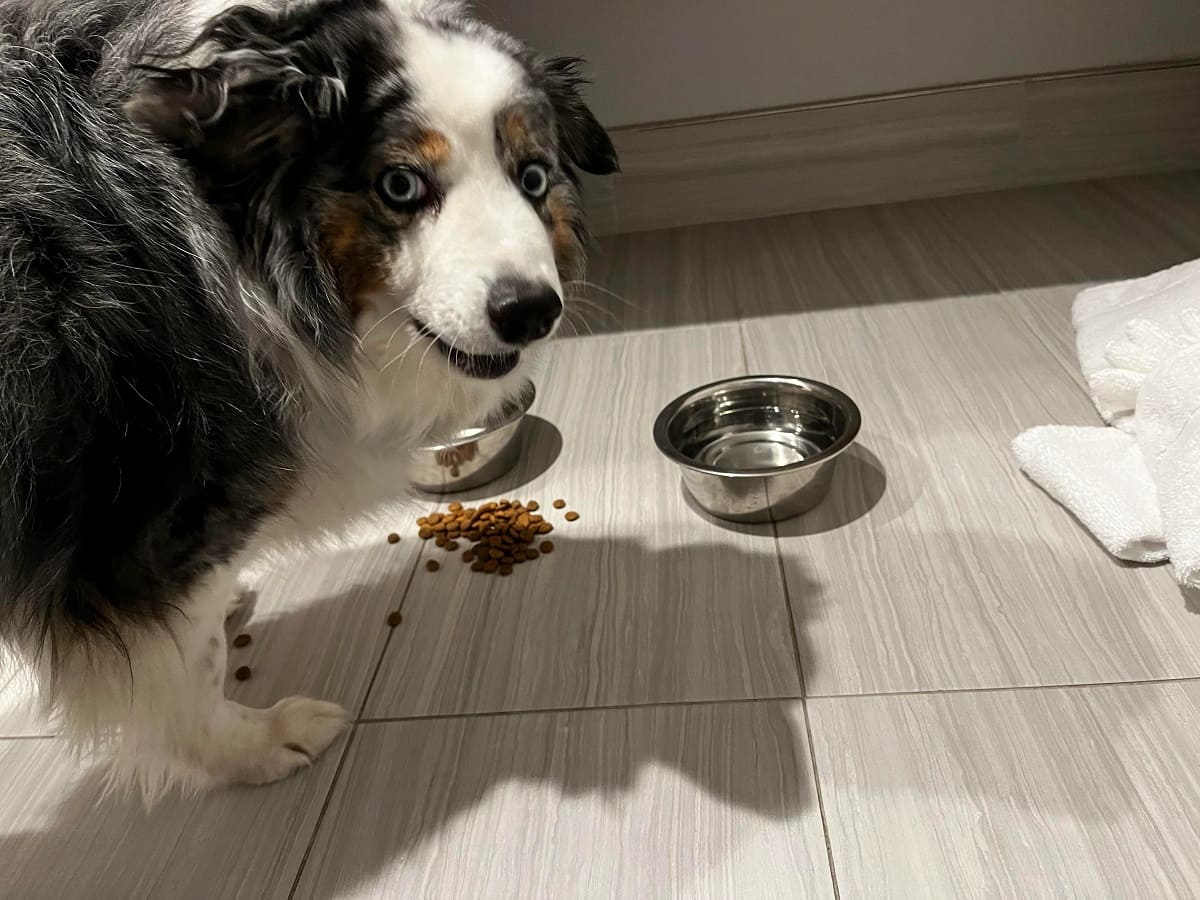
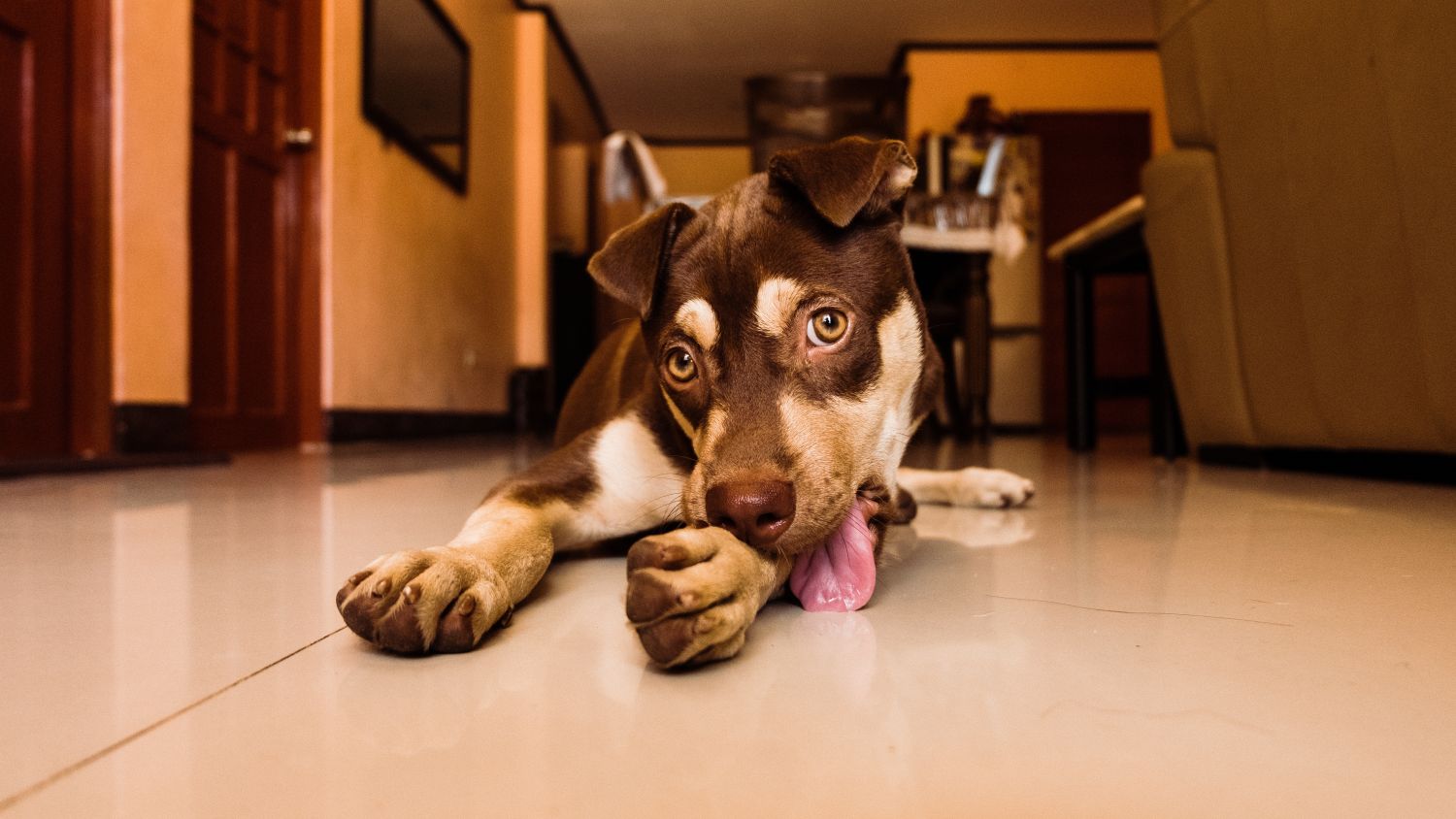
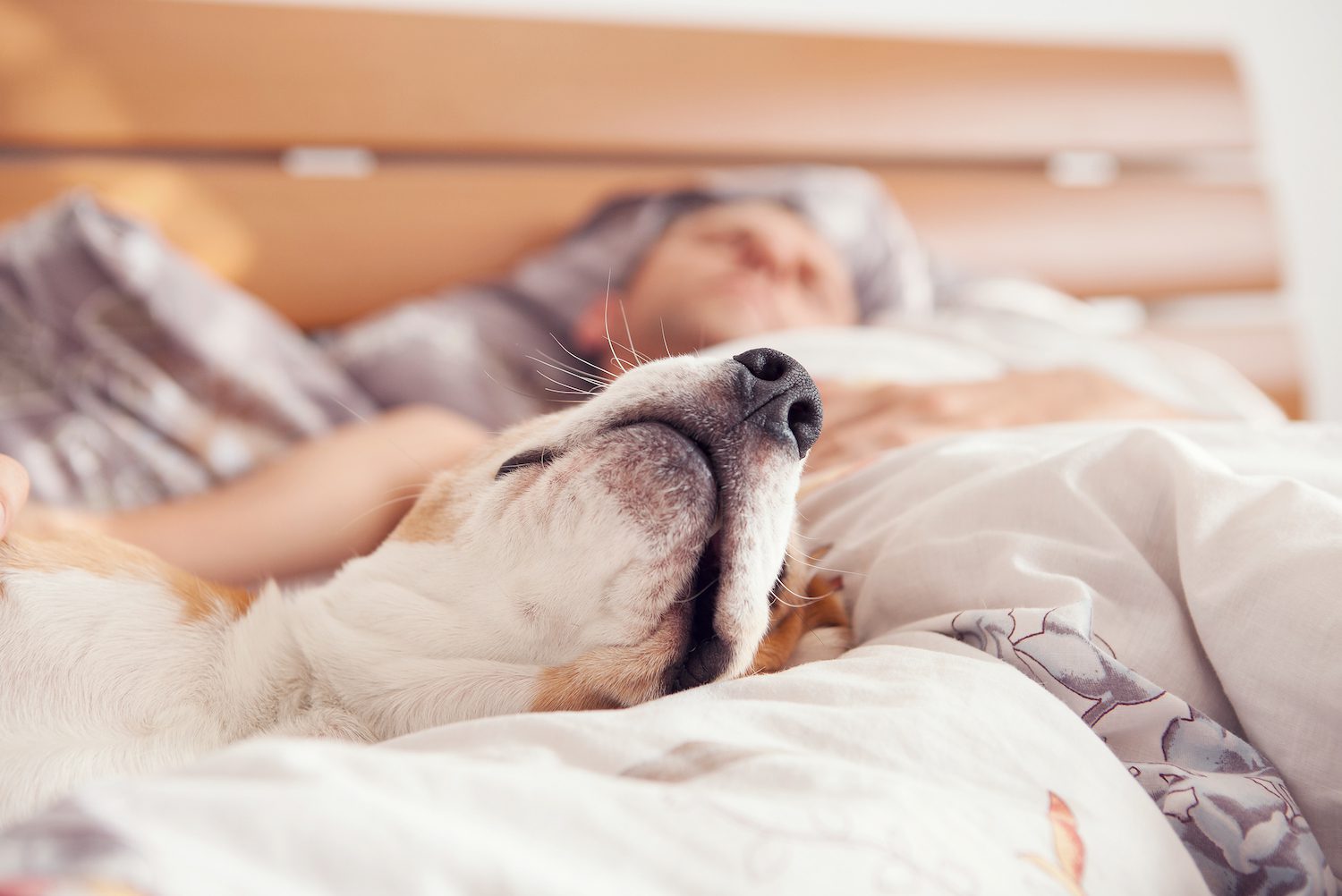
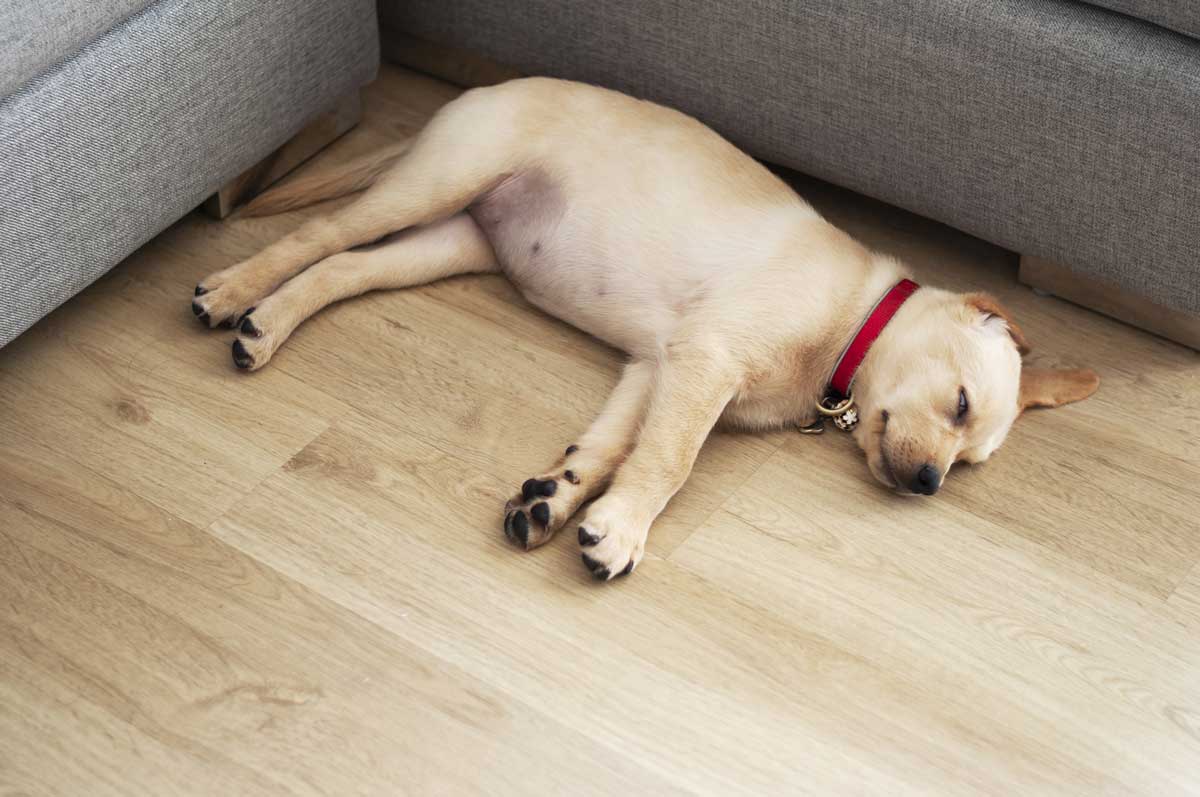
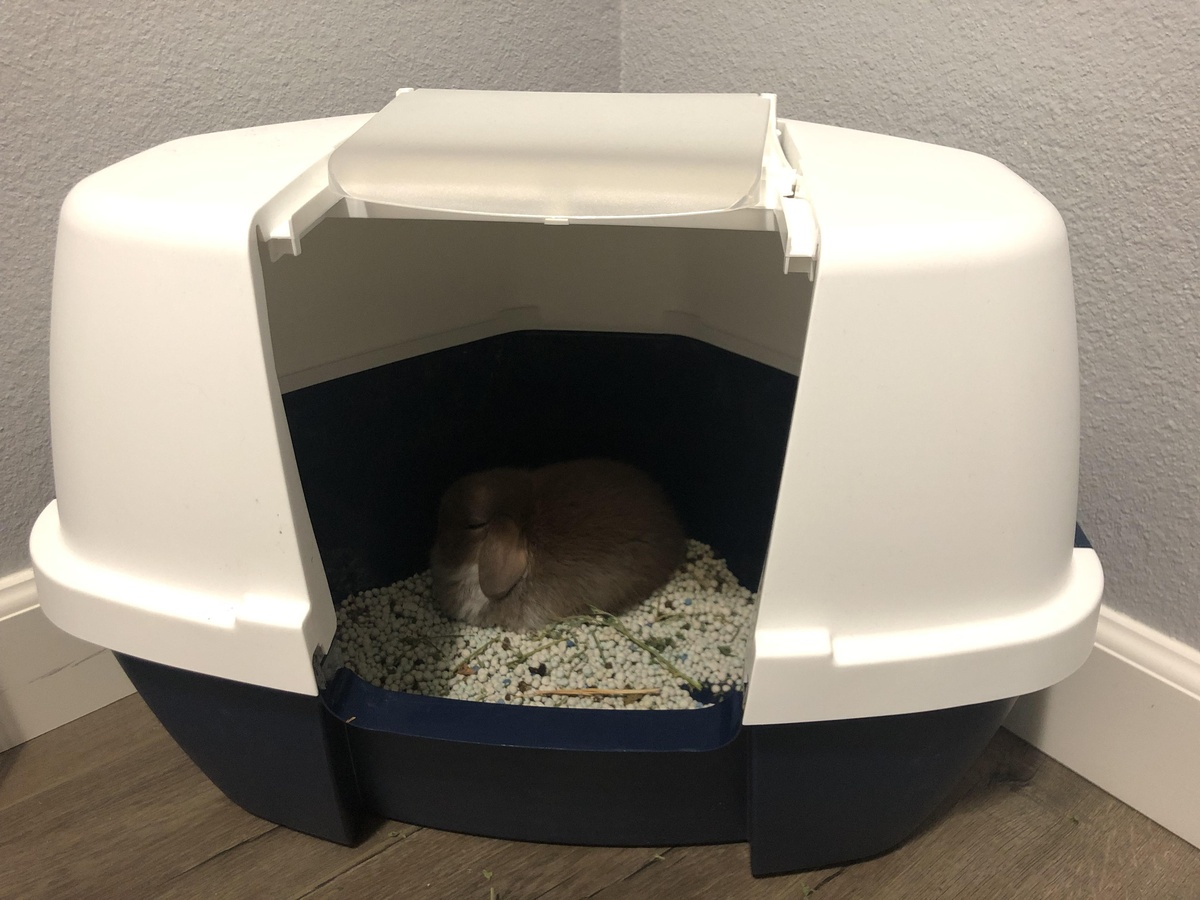
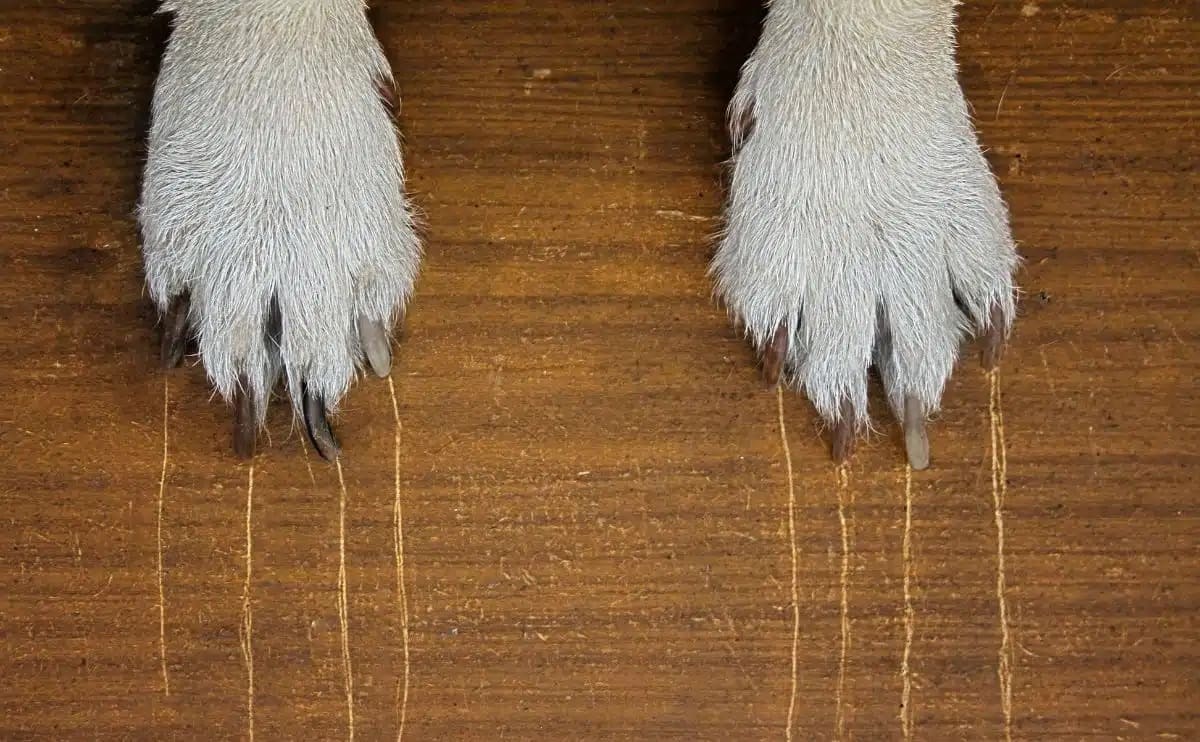
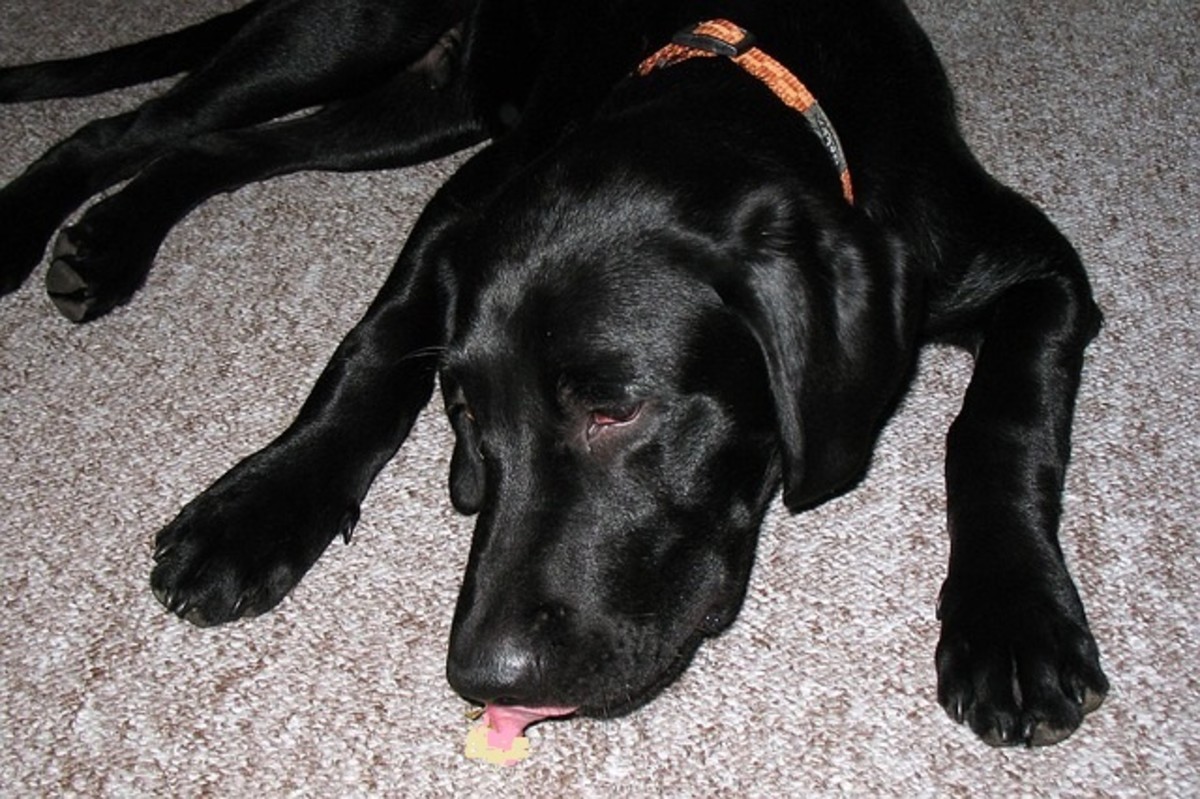
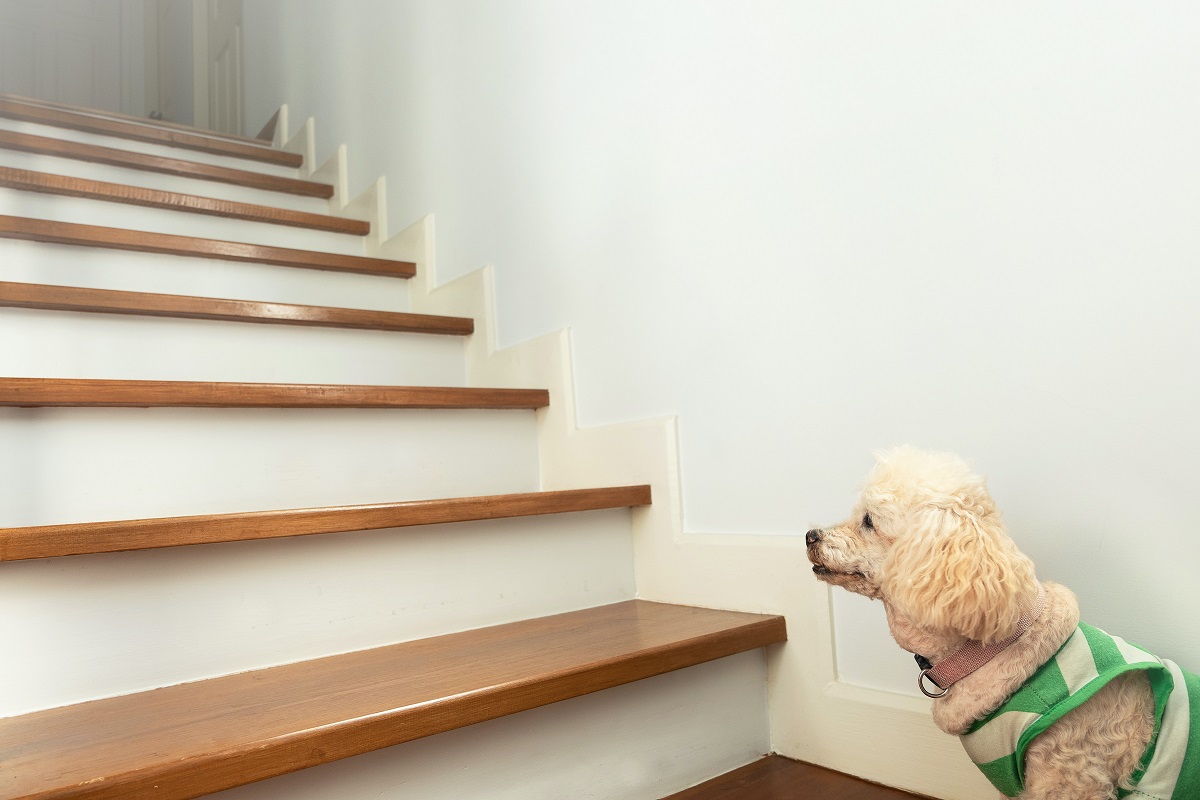
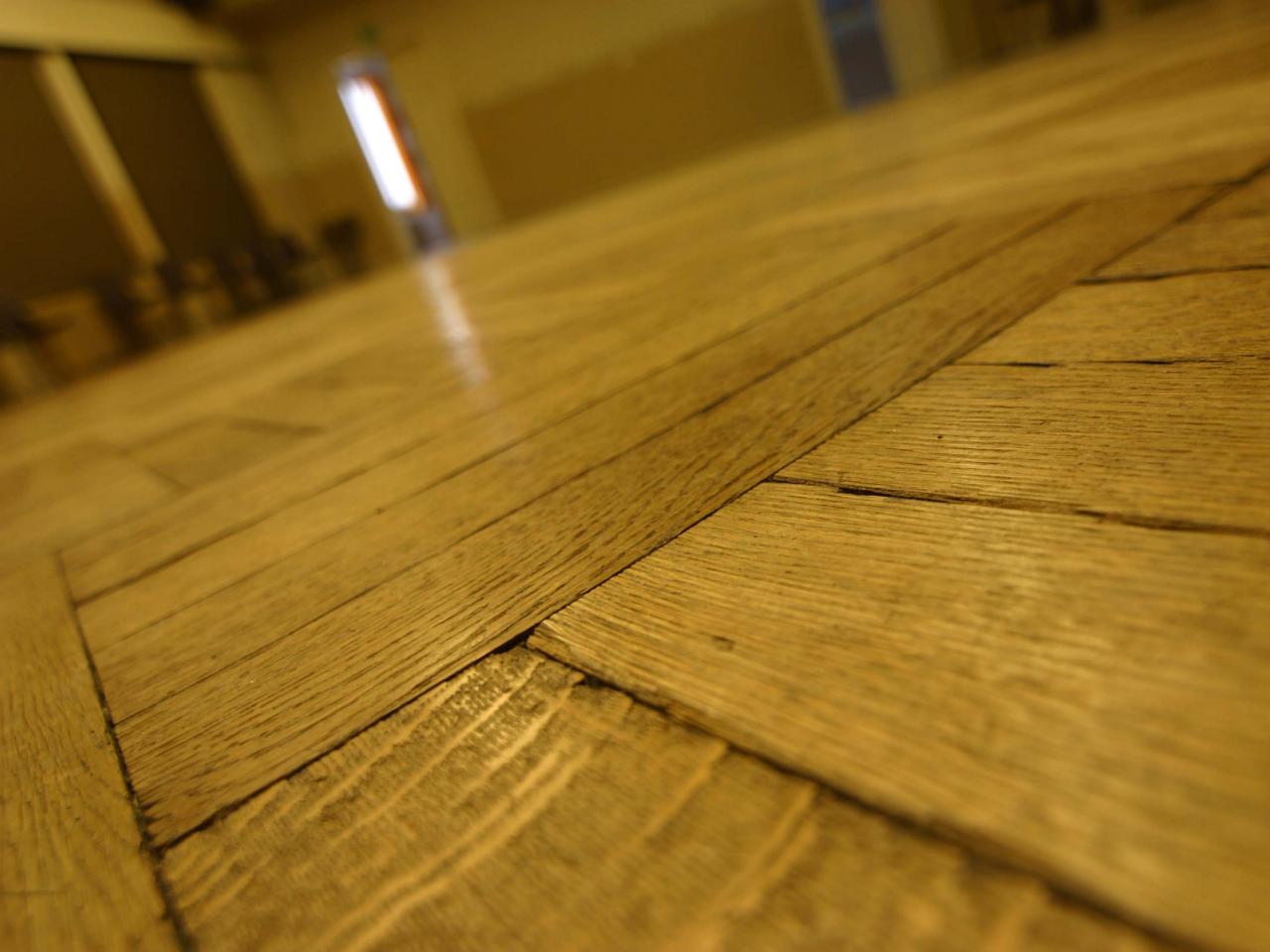
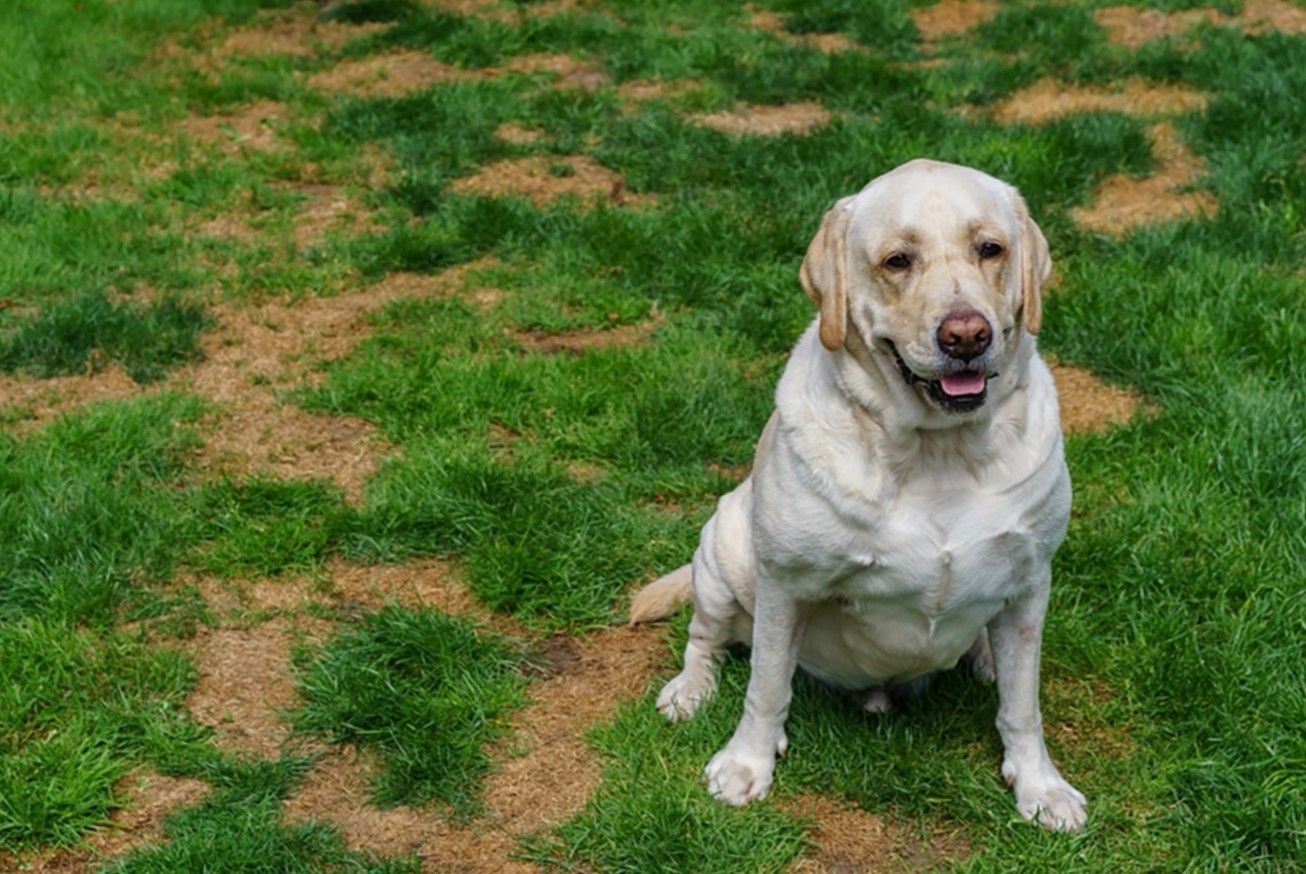

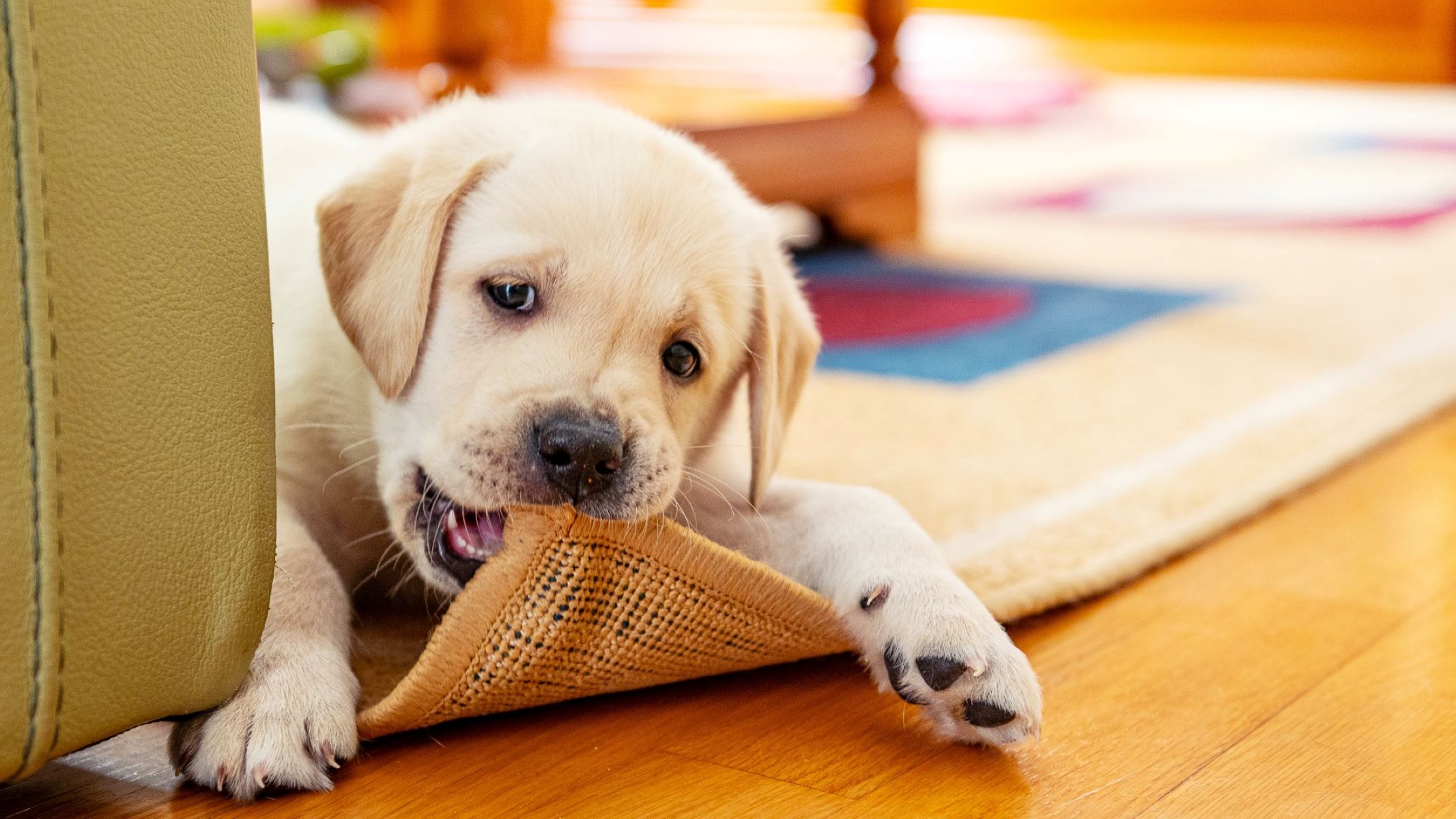
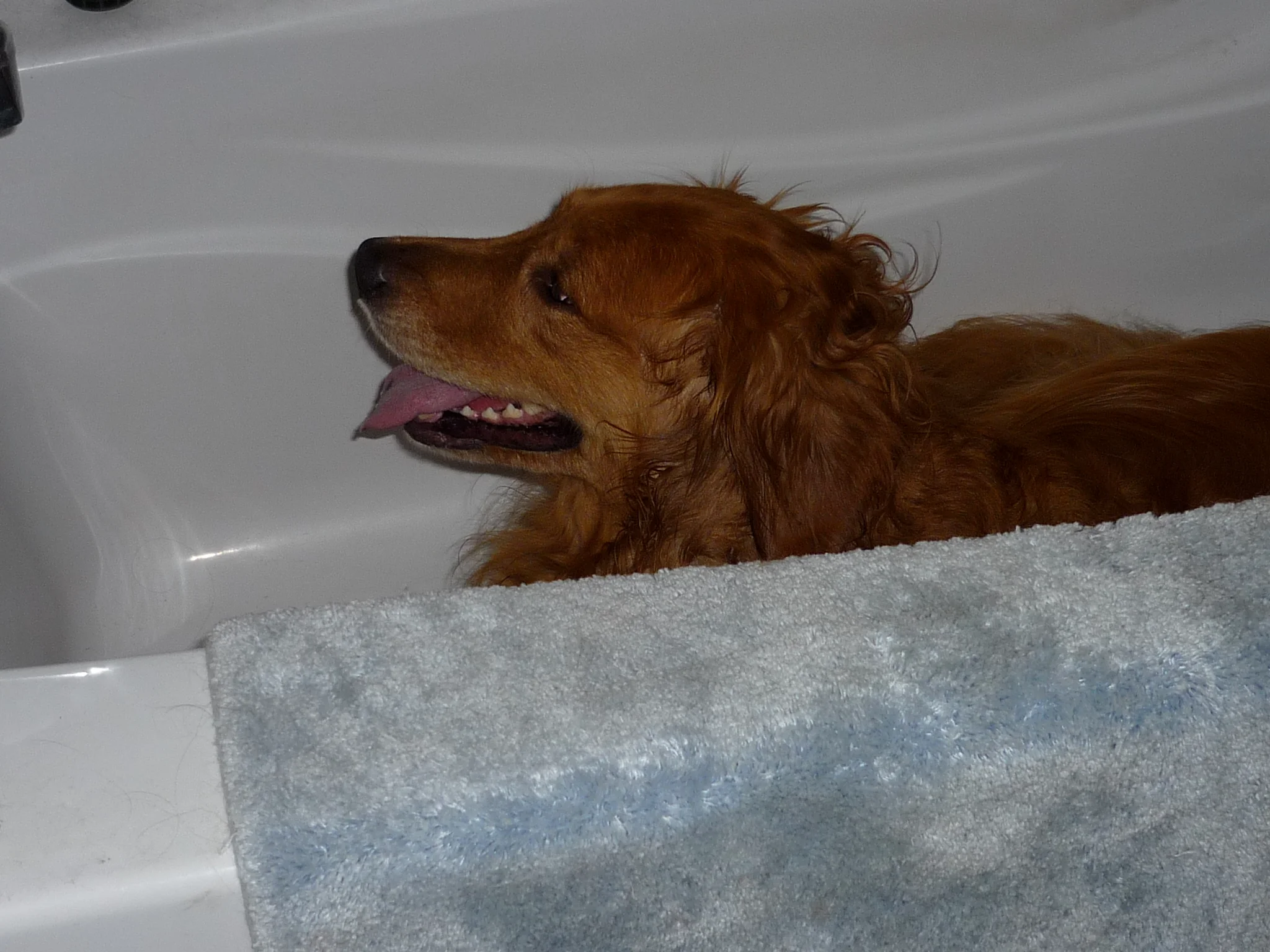

0 thoughts on “Why Is My Dog Rubbing His Face On The Floor”